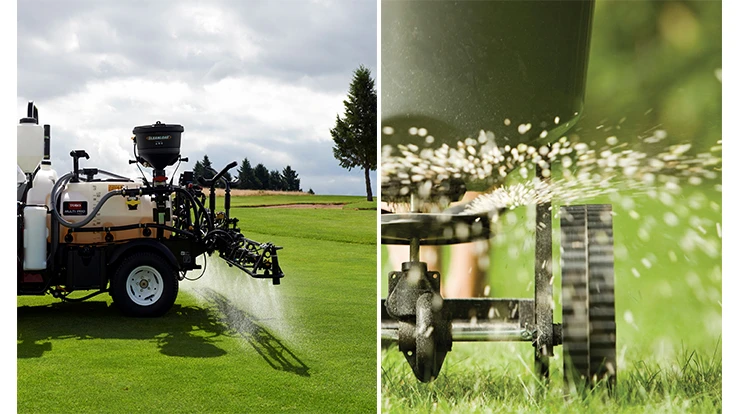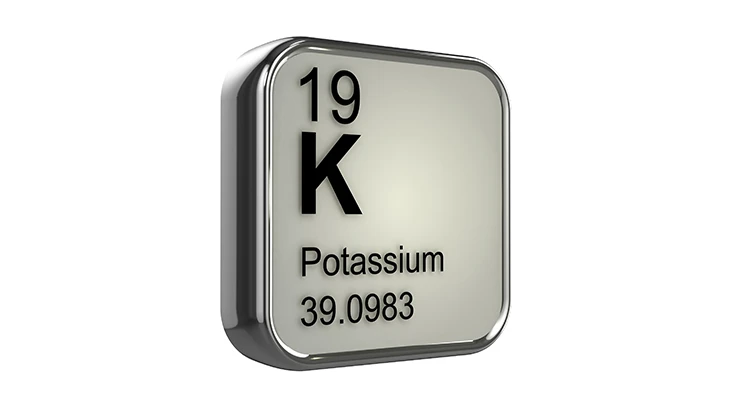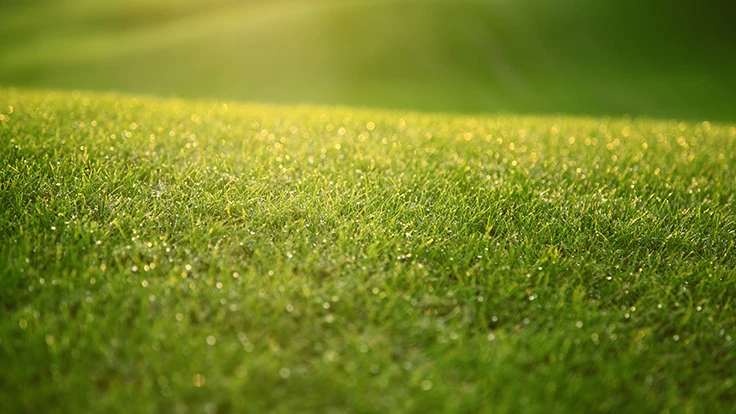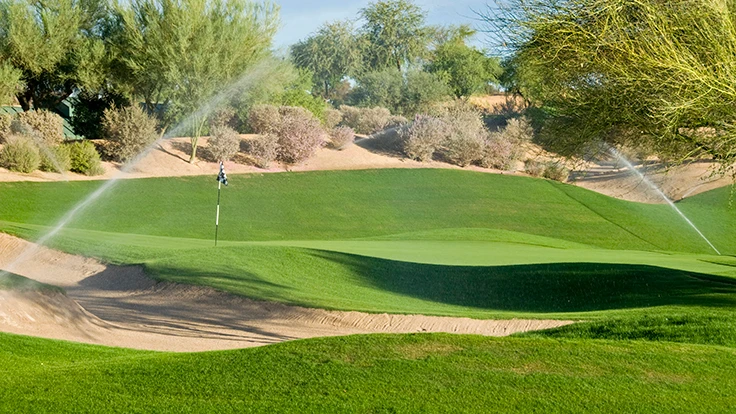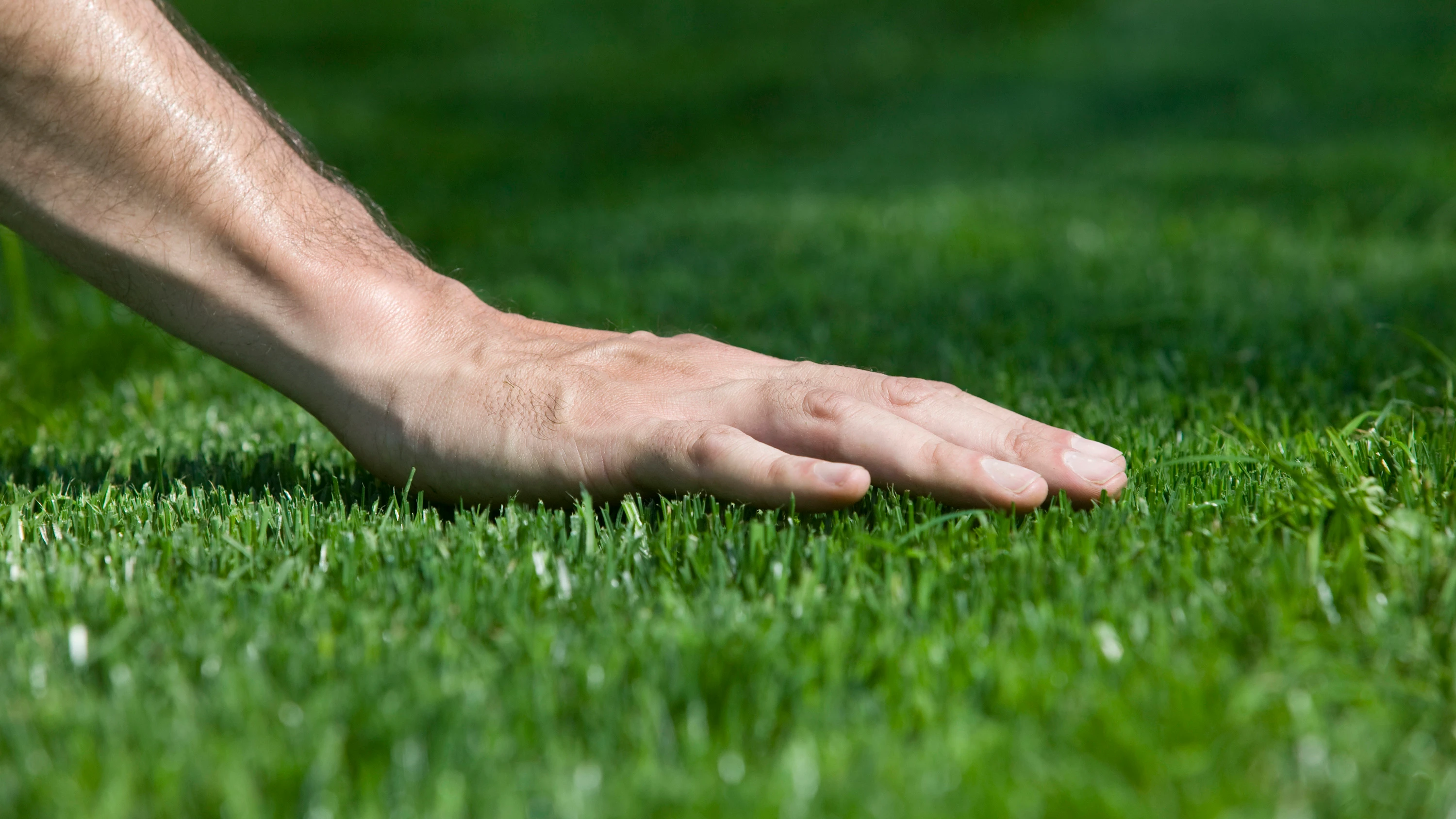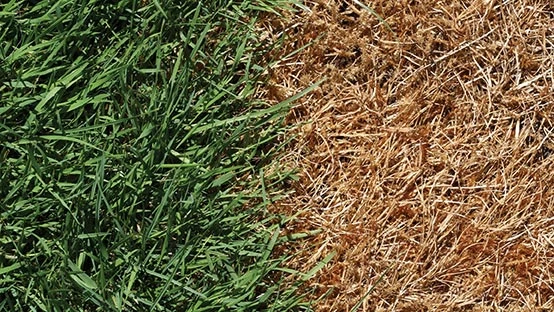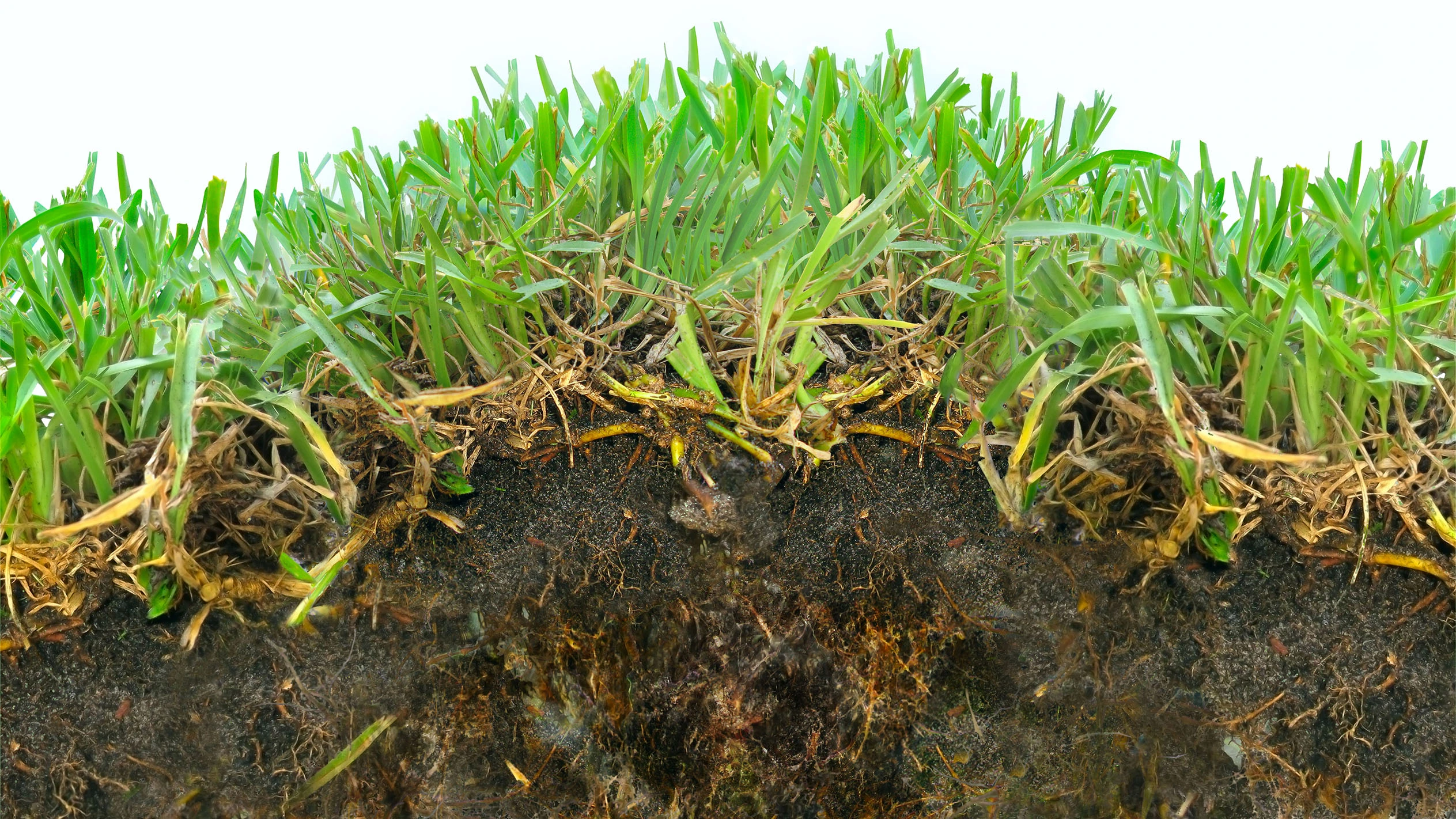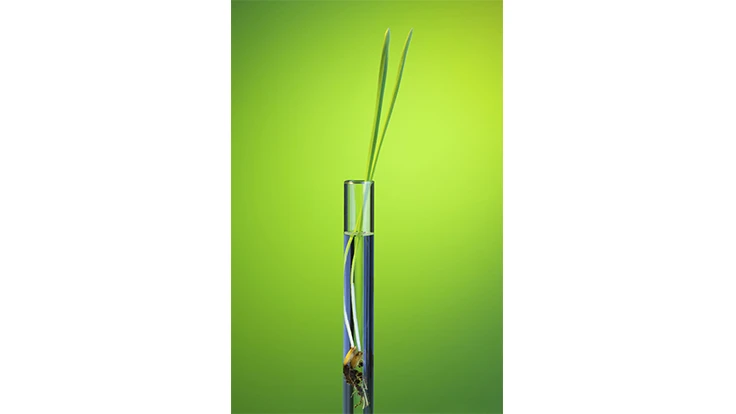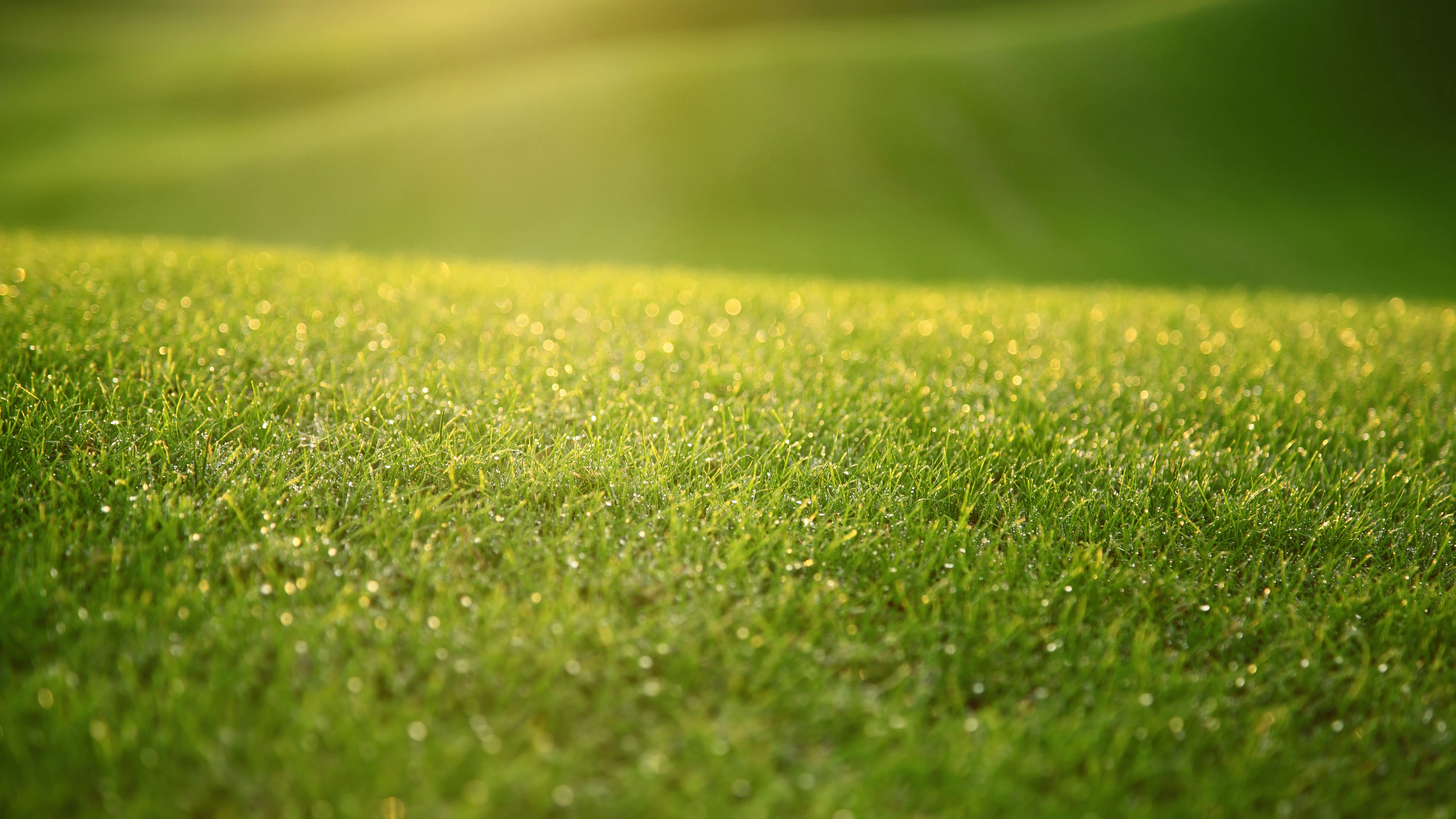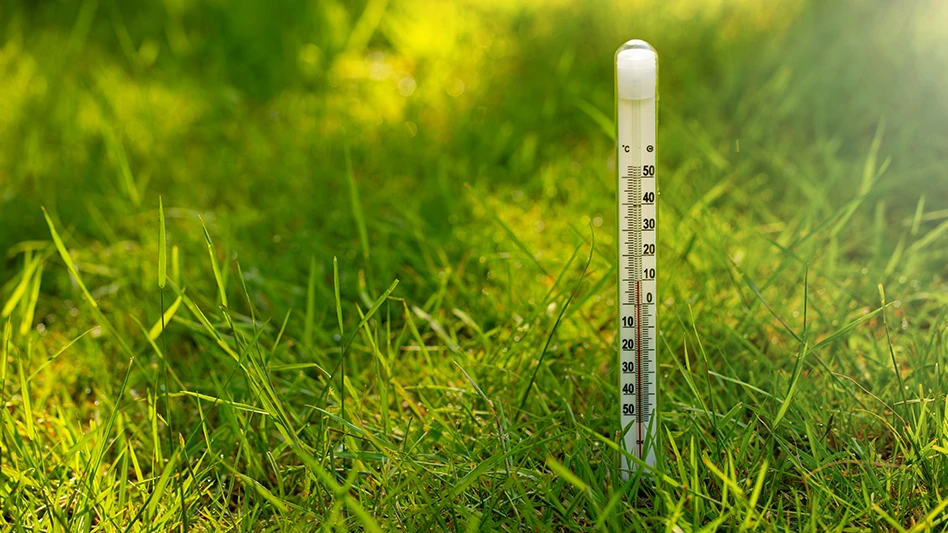Nutrition Today sponsored by Compass Minerals
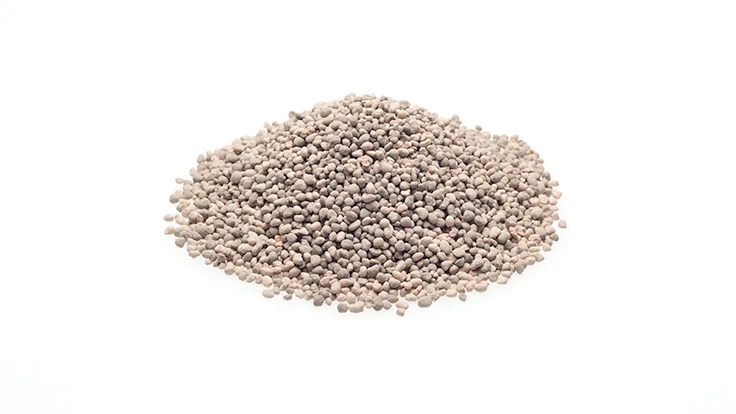
The right response
Turf researchers discuss the importance of particle variation when making fertilizer applications.
More in Nutrition Today sponsored by Compass Minerals
Return on investment
Dr. Larry Murphy, owner of Murphy Agro and consultant for Compass Minerals, explains the benefits of Protassium+, and industry experts weigh in on how superintendents can get the most value out of their potassium sulfate applications this fall.
5 tips for fall fertilization
From nitrogen timing to potassium gauging, these recommendations will help superintendents maintain healthy turf.
Missed fertility
Industry experts share how irrigation and rainfall expose turf to nutrient loss, and what superintendents can do about it.
Applying the plus
Mark J. Davis, senior agronomist at Compass Minerals Plant Nutrition, outlines the three core principles of potassium and turf health are enzyme activity, water movement and nutrient movement. He explains how the company’s Potassium+ fertilizer accommodates the specific needs of golf course superintendents.
Too much of a good thing
From algae-inducing runoff to salt burn, overapplying nitrogen, phosphorus and potassium can lead to unintended consequences and headaches for turf managers.
On fertile ground
Each nutrient brings its own specialty to the soil profile and, ultimately, to the adept superintendent’s management practices. Knowing the roles of nitrogen, phosphorus and potassium — often abbreviated as NPK — in the soil profile takes a superintendent a long way in maintaining optimal course conditions.
The Protassium+ difference
The combined benefits of potassium and sulfate sulfur in a granular product not only builds stronger turf, but encourages root growth, photosynthesis, and the plant's ability to resist temperature stress.
Is your turf okay with K?
The link between potassium and plant health offers golf course superintendents the potential for more stress-tolerant turf.
Put to the test
Regular tissue testing works best for getting the a handle on potassium in the turfgrass.
Special K
Potassium deficiencies in your turf are not easily recognizable until it’s too late. Turf experts weigh in on how to correctly test and maintain K levels in the soil profile throughout your golf course to keep your turf in peak condition.

